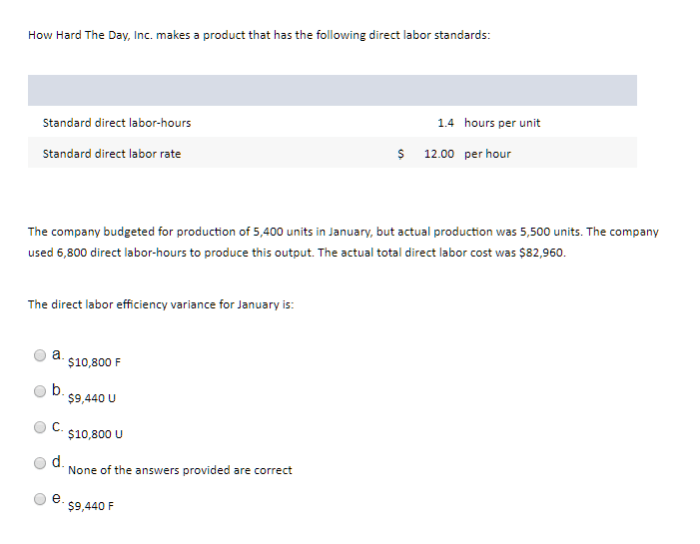Poorly trained workers could have an unfavorable impact on productivity, customer satisfaction, safety, employee morale, and long-term business implications. This article explores the consequences of inadequate training and its far-reaching effects on organizations.
Poorly Trained Workers: Detrimental Impacts on Productivity, Safety, and Business: Poorly Trained Workers Could Have An Unfavorable

Inadequate training for workers can have severe consequences for organizations. Poorly trained employees often lack the skills and knowledge necessary to perform their jobs effectively, leading to a range of negative outcomes.
Impacts on Productivity and Efficiency
Poor training directly impacts productivity and efficiency. Untrained workers make more mistakes, take longer to complete tasks, and produce lower-quality work. This can result in delays, decreased output, and increased costs. For instance, a study by the National Center for Education Statistics found that companies with poorly trained employees experienced a 20% decrease in productivity.
Effects on Customer Satisfaction
Poorly trained workers can also negatively impact customer experiences. They may be unable to answer customer questions, resolve issues, or provide satisfactory service. This can lead to misunderstandings, dissatisfaction, and lost revenue. A survey by the American Customer Satisfaction Index found that companies with poorly trained employees had a 15% lower customer satisfaction rating.
Safety Hazards and Compliance Issues
Untrained workers pose a greater risk to safety. They may not be aware of proper safety procedures, which can increase the likelihood of accidents, injuries, and property damage. For example, a study by the Occupational Safety and Health Administration (OSHA) found that companies with poorly trained employees had a 30% higher accident rate.
Employee Morale and Motivation
Poor training can also damage employee morale and motivation. Untrained workers may feel inadequate, frustrated, and dissatisfied with their jobs. This can lead to absenteeism, turnover, and reduced productivity. A study by the Society for Human Resource Management found that companies with poorly trained employees had a 25% higher employee turnover rate.
Long-Term Business Implications, Poorly trained workers could have an unfavorable
The long-term consequences of having a workforce with inadequate training are significant. Poor training can hinder innovation, adaptability, and competitiveness in the marketplace. Companies with poorly trained employees may struggle to keep up with technological advancements and changing customer demands.
For example, a study by the World Economic Forum found that companies with poorly trained employees had a 20% lower market share.
FAQ Section
What are the primary impacts of poorly trained workers?
Poorly trained workers can negatively affect productivity, customer satisfaction, safety, employee morale, and long-term business performance.
How does inadequate training affect productivity?
Inadequate training can lead to errors, delays, and reduced output, resulting in lower productivity levels and increased costs.
What are the consequences of poor customer satisfaction caused by poorly trained workers?
Poorly trained workers can damage customer experiences through poor communication, misunderstandings, and dissatisfaction, leading to lost revenue and reputational harm.


